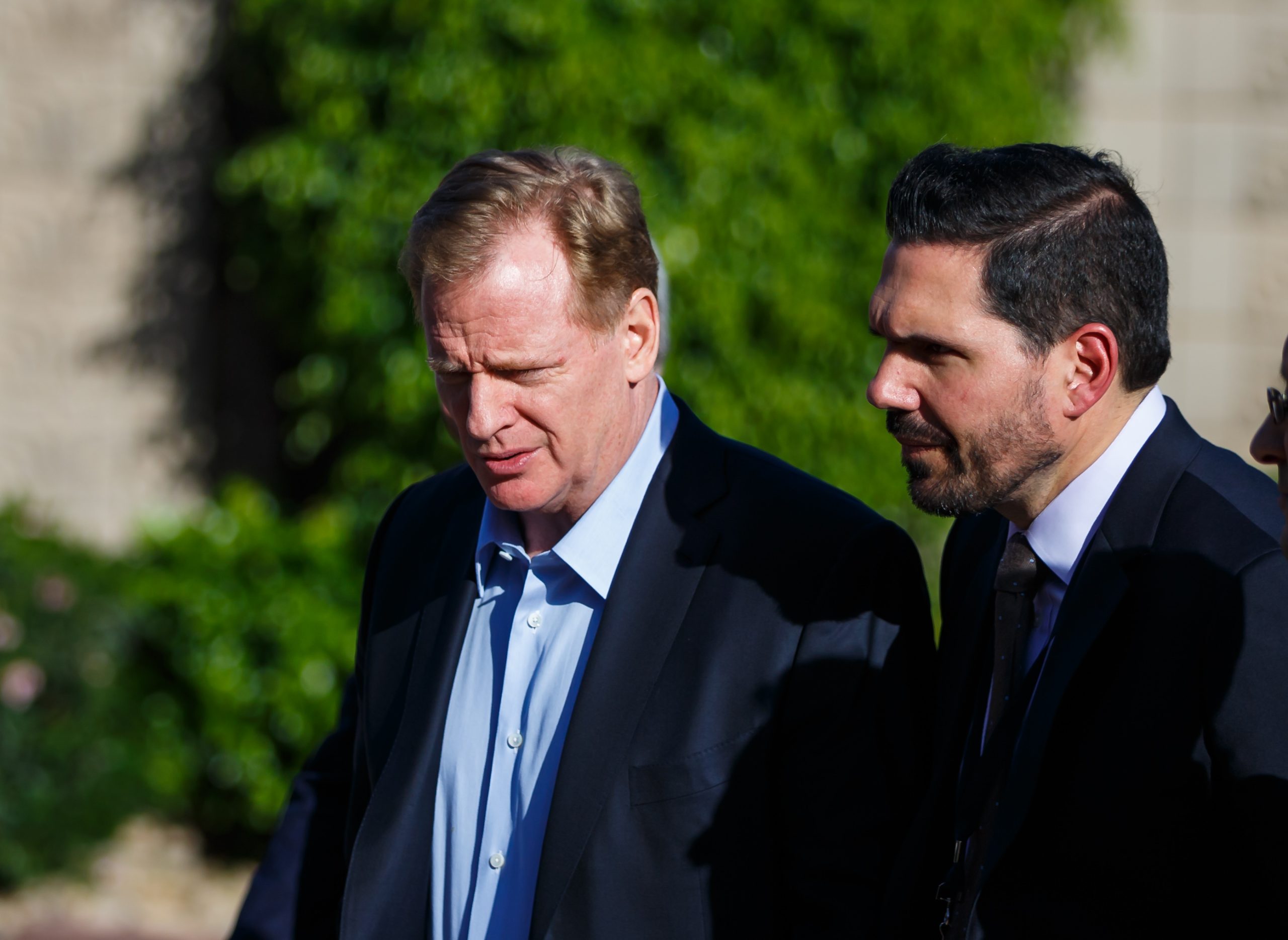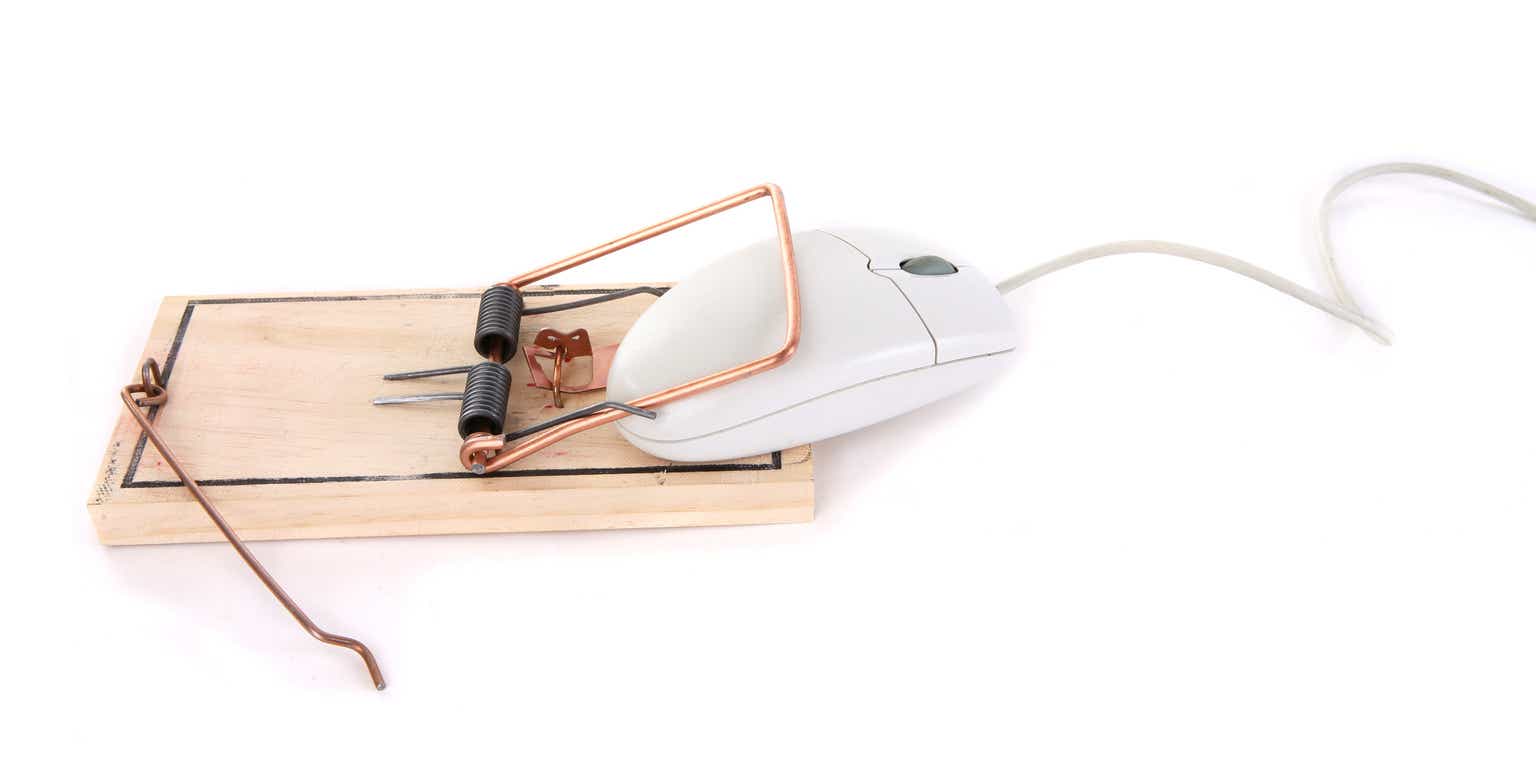For better or worse, predictions are a part of the game. It’s how we talk about the NBA. Who will win the title? Who will win MVP? Who will make the playoffs? Who will tank their way to Cooper Flagg? Whether you’re a fan or a media member, if you watch the games, you have takes. (And whether you’re a fan or a media member, they are probably wrong, but that’s not the point!)
Offering those takes before the season is an exercise in unpredictability (granted, a fun one). So we decided to give our writers a bit of a mulligan and ask them for some new, educated proclamations after the first quarter of the regular season. Who or what are we planting our flag on after seeing 20-ish games? Let’s dive in.
The Memphis Grizzlies are legit contenders.
Michael Pina: Before this season started, I picked Memphis to make the Finals. A couple of months in, I could not feel better about it. Despite injuries to Ja Morant, Desmond Bane, Zach Edey, and several other contributing role players, the Grizzlies are 14-7, rank fifth in net rating, and have proved elite on both sides of the ball. Jaren Jackson Jr. is a DPOY candidate who’s efficiently creating his own shots, Morant looks like a superstar (when he’s available), and Bane will be a boon once he emerges from an uncharacteristically long shooting slump.
But cause for optimism extends beyond the players whom I thought would be really good. This might be the deepest roster in the league. Scotty Pippen Jr. is a playmaking wizard who does everything Tyus Jones once did (and more). Jaylen Wells is already a lock to make the All-Rookie team. Jake LaRavia makes a bunch of smart decisions and doesn’t hurt them in any area. Jay Huff is a 3-point-shooting, reverse-dunking revelation. Luke Kennard and Marcus Smart come off the bench in ideal roles and complement each other perfectly. Santi Aldama and Brandon Clarke are helpful options in the frontcourt. In total, the Grizzlies have seven players averaging more than 10 points per game and none averaging above 30 minutes.
The Grizzlies are also top three in assist rate, pace, offensive rebound rate, and field goal percentage at the rim. They’re winning in all the ways they need to, playing fast, together, and with some vintage physicality. They’re big, versatile, and tough. Most of their lineups include multiple ballhandling threats who can shoot, make plays, and hold their own on the other end.
There are reasons to be skeptical—Memphis has enjoyed some 3-point luck, the team isn’t particularly efficient in the half court, and its best players are often hurt—but remember where the Grizzlies were before their ascension veered off track? It’s clear they’re back on it, with more talent, competence, and resources than ever before.
The new All-Star Game format is … promising.
Howard Beck: I know, I know, just about everyone thinks this is a lost cause. You probably fall into one of two camps: those who consider the game broken and beyond salvaging or those who think it’s fine, flaws and all. But please, join me for a moment on the “All-Star Game is broken but can and should be saved” island. (We’re still workshopping the name.)
We all agree on this much: Today’s stars don’t want to defend or play hard in a meaningless exhibition. Bigger payouts failed to change that. So did the player draft, the Elam ending, charitable causes, or any other recent gimmicks devised by the league.
But the latest reported proposal—a four-team mini-tournament—holds real promise. The 24 All-Stars would be divided into three teams of eight. The fourth team would be the winner of the Rising Stars (rookie-sophomore) game. They would play a single-elimination, bracket-style tournament. So we’d get two semifinal games, then a championship featuring the two winners. Instead of a clock, they will play to a target score—40 points in the semifinals, 25 points in the final. To which I say, Halleluka!
Will players compete harder when there are just eight per team, playing to a target score? Maybe! Will pride instinctively kick in for the vets when facing the Rising Stars upstarts? Almost assuredly. Will it all move along much more swiftly without the (thoroughly pointless) 48-minute regulation clock? Absolutely.
Look, we’re never getting the old everyone-competes-to-the-final-seconds All-Star Game back. (Google “2001 NBA All-Star” for what the game used to be.) No amount of tinkering will change that. So put the old format out of its (and our) misery. And if the new tournament falls flat? Well, at least it will be over quickly.
Nikola Jokic will win, but the Nuggets won’t.
Zach Kram: Nikola Jokic is playing the best basketball of his celebrated career, and he’s the obvious MVP favorite whether you’re looking at traditional stats, advanced metrics, or on-off data. Put it this way: He’s already won three MVPs in four years, and now he’s even better.
If Jokic wins again this season, he’d be the third player to claim four MVP trophies in a five-year span, joining LeBron James and Bill Russell. But the greatest uncertainty about Jokic’s quest for another MVP is whether voters would reward him if his team doesn’t finish in the top six in the Western Conference standings. Because that’s the second part of this prediction: Denver will need to navigate the play-in bracket to reach the actual playoff field.
The Nuggets are 9-6 when Jokic plays (10-8 overall), with a mediocre plus-2.6 point differential in those games; if they hadn’t won four games by two points apiece and a fifth in overtime, they could have a losing record even with their superstar available. And that’s with Jokic playing a career-high 38 minutes per game, which is tied for third in the league. With Jamal Murray regressing and the bench struggling (as always), in a deep and competitive Western Conference, the Nuggets have no margin for error if Jokic has to rest more over the remainder of the season. That’s why I think there’s a scenario where Jokic could win MVP but the Nuggets fall into the play-in. Jokic could stay healthy and effective enough to remain the NBA’s most productive player, but not quite healthy and effective enough to keep the Nuggets from falling to the West’s 7-to-10 range in the standings, after second- and first-place finishes in the past two seasons.
Kevin Durant will make MVP voting history.
Danny Chau: It’s difficult to overstate how easy Kevin Durant makes the game of basketball look. He’s shooting with an ease and a staggering efficiency that surpass both his mercenary years in Golden State and his glory days in Oklahoma City. He’s become undeniable as a defensive fulcrum—on a Suns team that’s a few rotation pieces short on both the perimeter and interior, Durant’s versatility as a help defender is the difference between Phoenix’s top-10 defensive rating when he’s on the court and bottom-five defensive rating when he’s off. The Suns are 10-2 when he’s played and 1-6 when he’s sat out due to injury. There is no denying Durant’s value, even at 36—an age that had, for decades, been seen as the ultimate cliff in the life cycle of a superstar. Karl Malone is the oldest MVP recipient in league history; he was 35 when he received the award in 1999. No one older than 35 has ever finished in the top three in voting. Health permitting, that could change this season.
The eventual winner may not be much of a surprise (see above), but this is shaping up to be one of the most compelling MVP races in recent memory insofar as who winds up making the cut as finalists. Jokic, Shai Gilgeous-Alexander, and Jayson Tatum each have astronomically impactful on-off numbers, and their respective teams plummet far beneath their baseline rate of offensive production without them on the floor. Giannis Antetokounmpo and Anthony Davis are playing some of the best basketball of their careers on teams trudging through the morass. Davis is the only player of the lot north of 30.
Ten seasons have passed since Durant won his first and only regular-season MVP award in 2014, and after a stretch from age 21 to 25 in which KD was either the MVP or the runner-up in four of five seasons, he hasn’t come any higher than fifth place since. History has been decisive about not offering any senior-citizen discounts in MVP voting, but as long as Durant stays upright, it may not have to. There is an outside chance that KD will find himself in the top three. Durant’s been that good this season. It’s almost preposterous to say, but he’s arguably as good as he’s ever been.
Jared McCain’s game will overshadow the Tik-Toks.
Tyler Parker: McCain has been the diamond in a sea of shit for the Sixers this season. Philly drafted him 16th this summer, but he’s been playing like he should’ve been taken first. This is a shooter built for these times. A quick-firing, relocating bazooka with supreme balance and a grinder’s spirit. A change-of-direction prince who’s out for pain. There will never be another Steph Curry—he is singular, a miracle—but McCain’s got a good Steph impression. He skitters around in the half court with or without the ball, freaking out the defense, putting them in the scrambler, hunting for a shiv of daylight in which he can let it fly.
That he’s this saucy as a rookie is wild. Doubly so when you consider he’s been playing without Joel Embiid, Paul George, and Tyrese Maxey for extended stretches. The kid has not let the swampy vibes get to him. He just keeps hooping. Amid a disastrous start to the season, the 76ers’ offseason moves largely slapping them in the face, he has been a much-needed balm—at least they got something right.
Bennedict Mathurin is a future All-Star.
Matt Dollinger: Dating back to the glorious, promise-filled days of Jonathan Bender, I’ve always obsessed over young Pacers who ooze talent but remain question marks for one reason or another (welcome, Moses Brown). There’s just something fun about rooting for a player who isn’t a finished product. Someone who you see the potential in, but maybe everyone else doesn’t yet.
Three years in, Mathurin might already be a little too successful for that distinction. His teammate Jarace Walker is probably the more unique uncovered gemstone. But 20-ish games into this campaign, I’ve seen enough from Mathurin to make a bold prediction that doubles as a need for the Pacers franchise: Mathurin will make an All-Star team one day.
As silly and arbitrary as this prediction is, the Pacers probably need it to happen to prove that last season wasn’t an aberration. Mathurin, who was picked sixth in 2022, is the highest Pacers pick since Rik Smits in 1988. Since then, Mathurin has shown flashes of top-end talent but has also kept Rick Carlisle from having to regularly shave his own head. Right now, Mathurin is sort of like Temu Anthony Edwards. He’s a walking bucket, the best athlete on the court, and capable of taking over the game. But he also has a time-share in Carlisle’s doghouse and is just now figuring out how to contribute to winning in ways besides scoring. This season, he’s averaging 18.5 points per game while shooting 48.8 percent from the field, 43 percent from 3, and 84 percent from the line—all career highs—and he’s displaying improved shot selection. But most impressive of all is his newfound dedication to defense and rebounding, which has allowed Carlisle to keep him on the court for longer stretches. He’s grabbing 6.8 rebounds per game and has five double-digit-rebound games already this season, which is more than in his first two years combined. Indy’s defense is still better with him off the court than on it, but the team probably needs to endure some growing pains for Mathurin to get where he needs to be. His effort and hustle have improved this season, and he’s cut down on mental mistakes. If his consistency improves, the accolades could follow.















